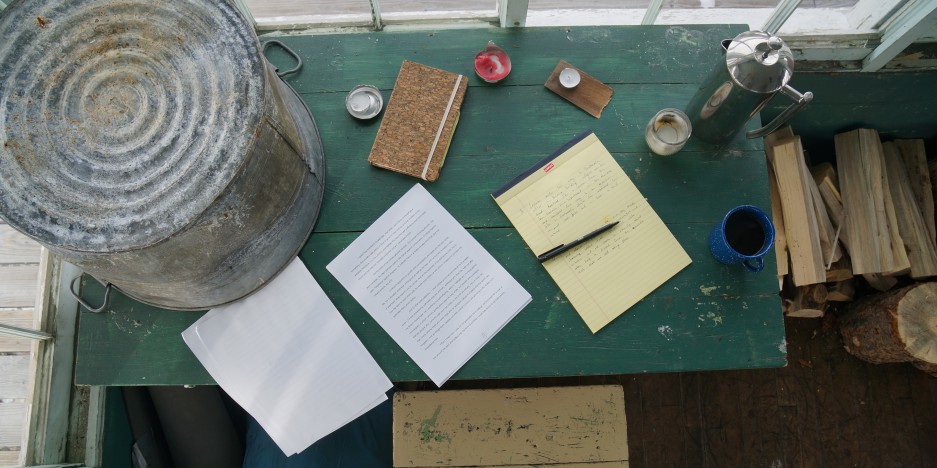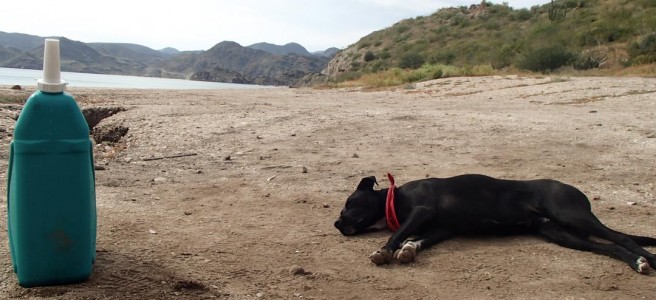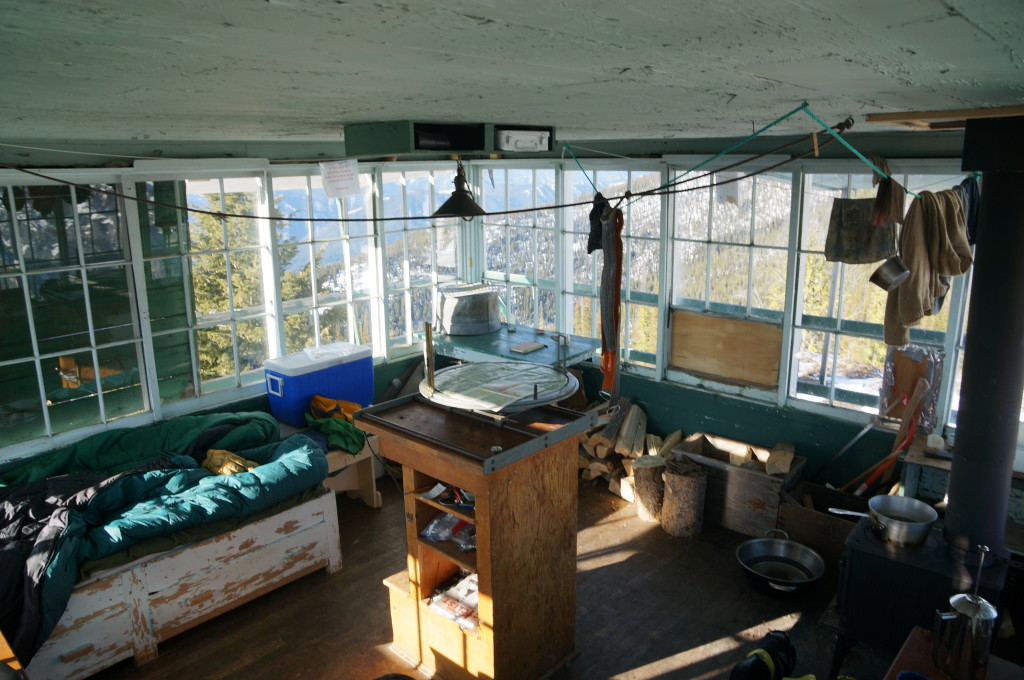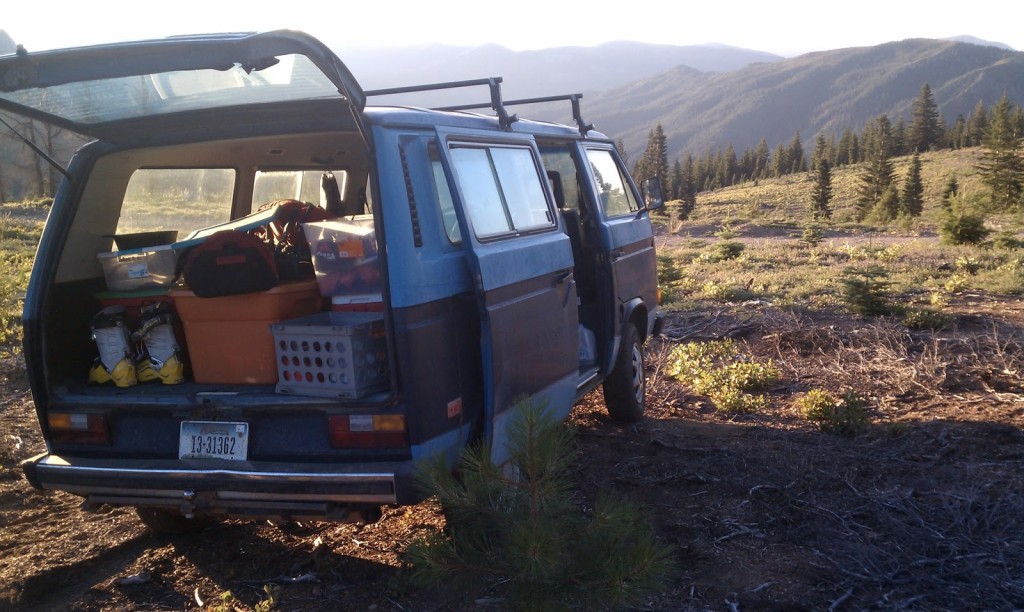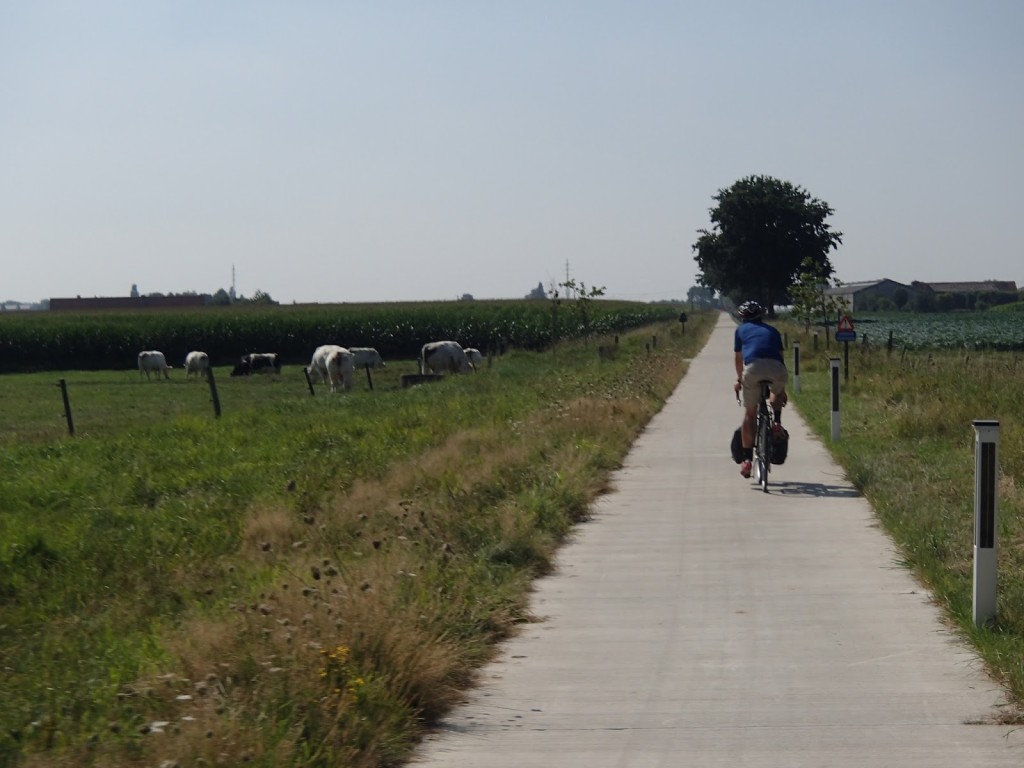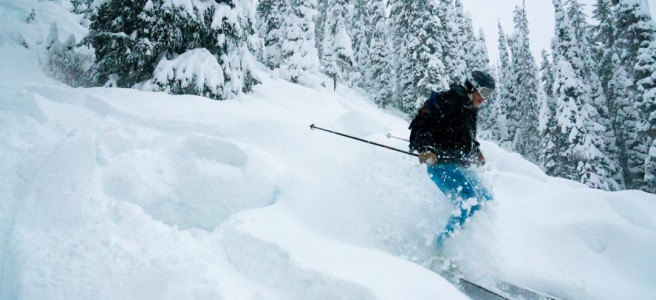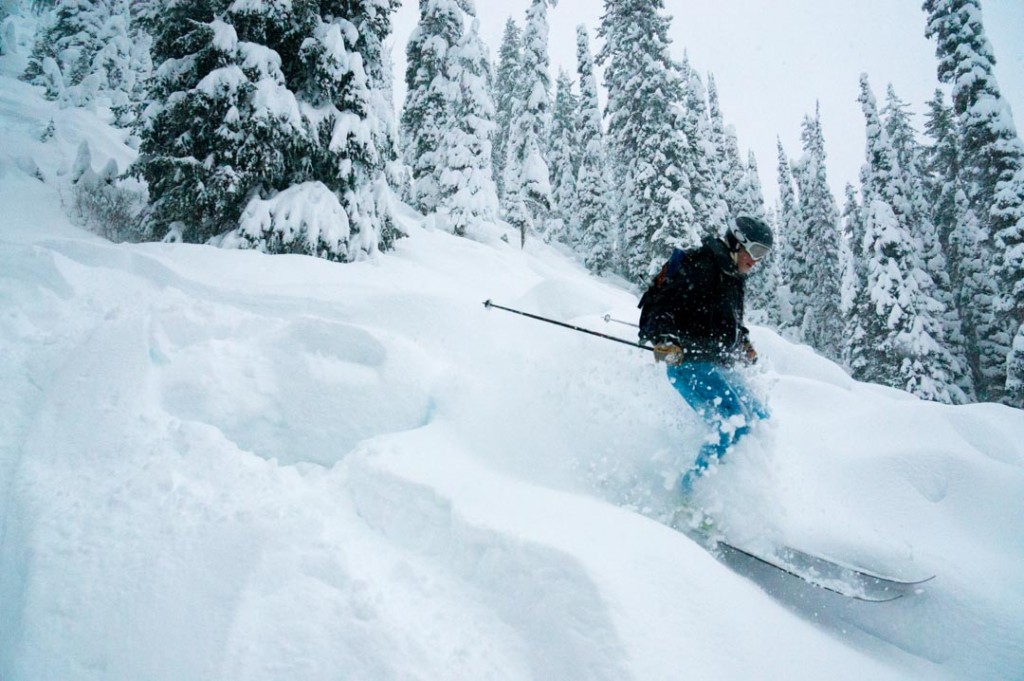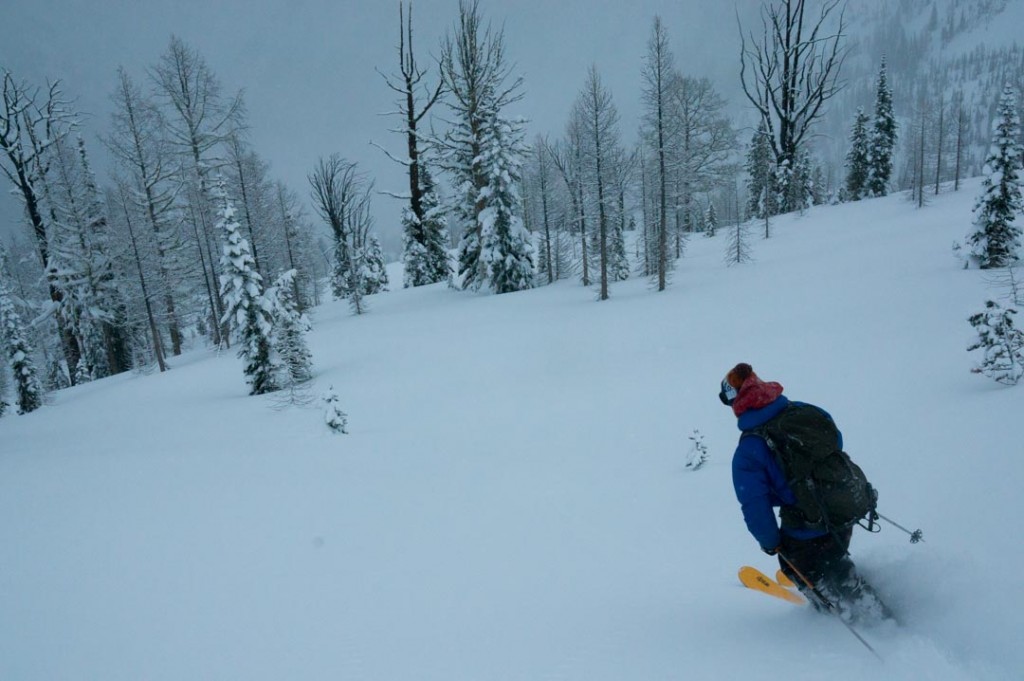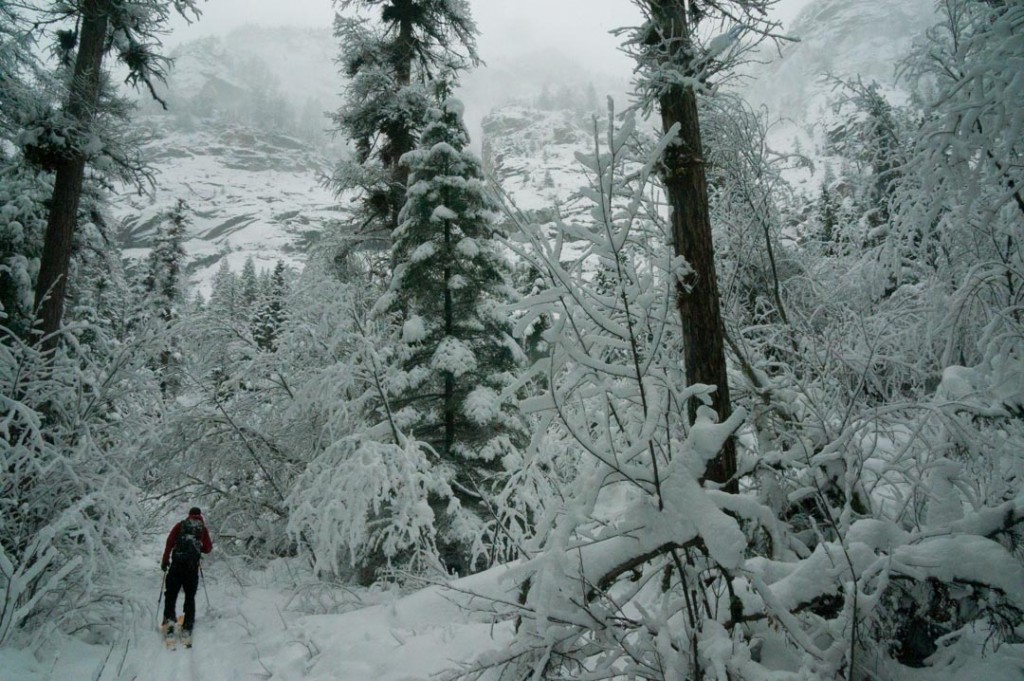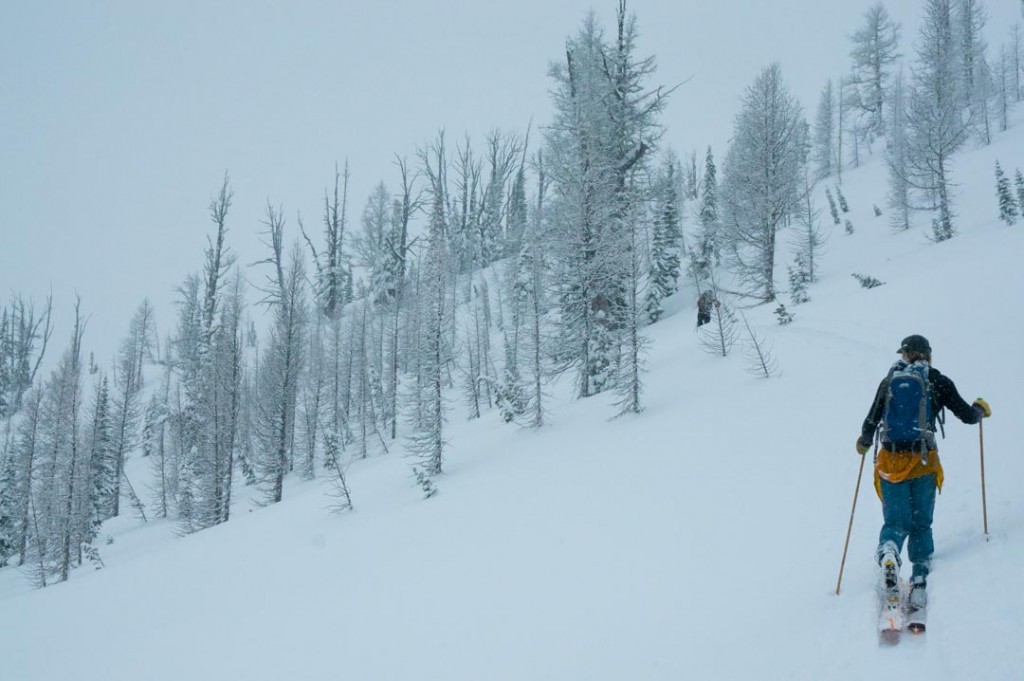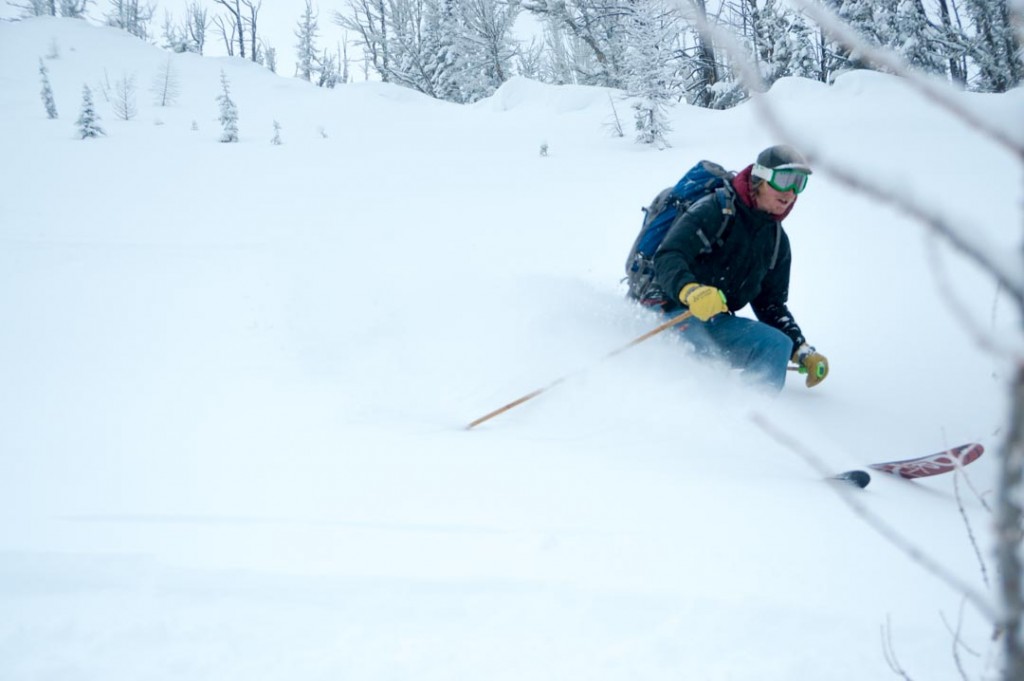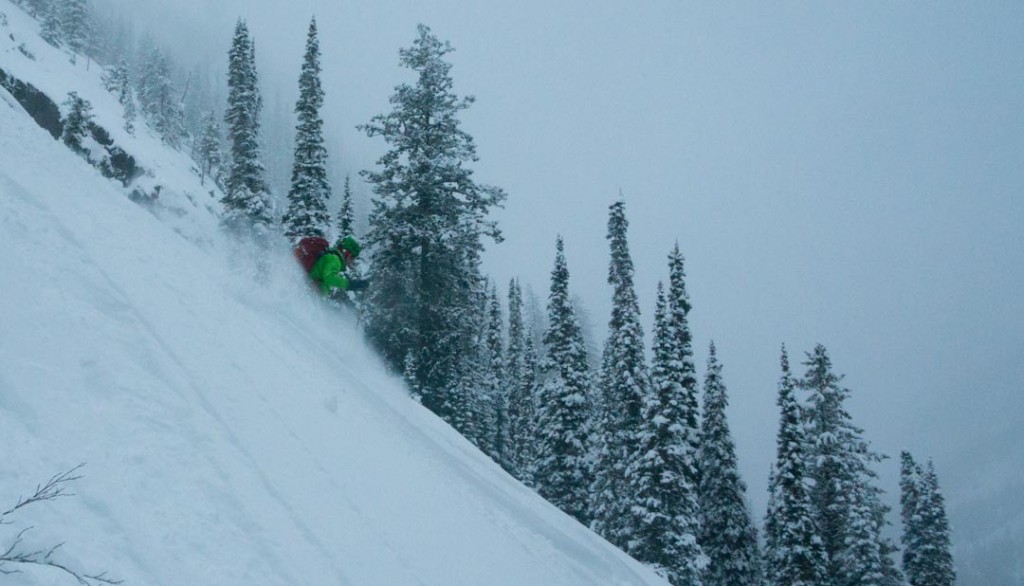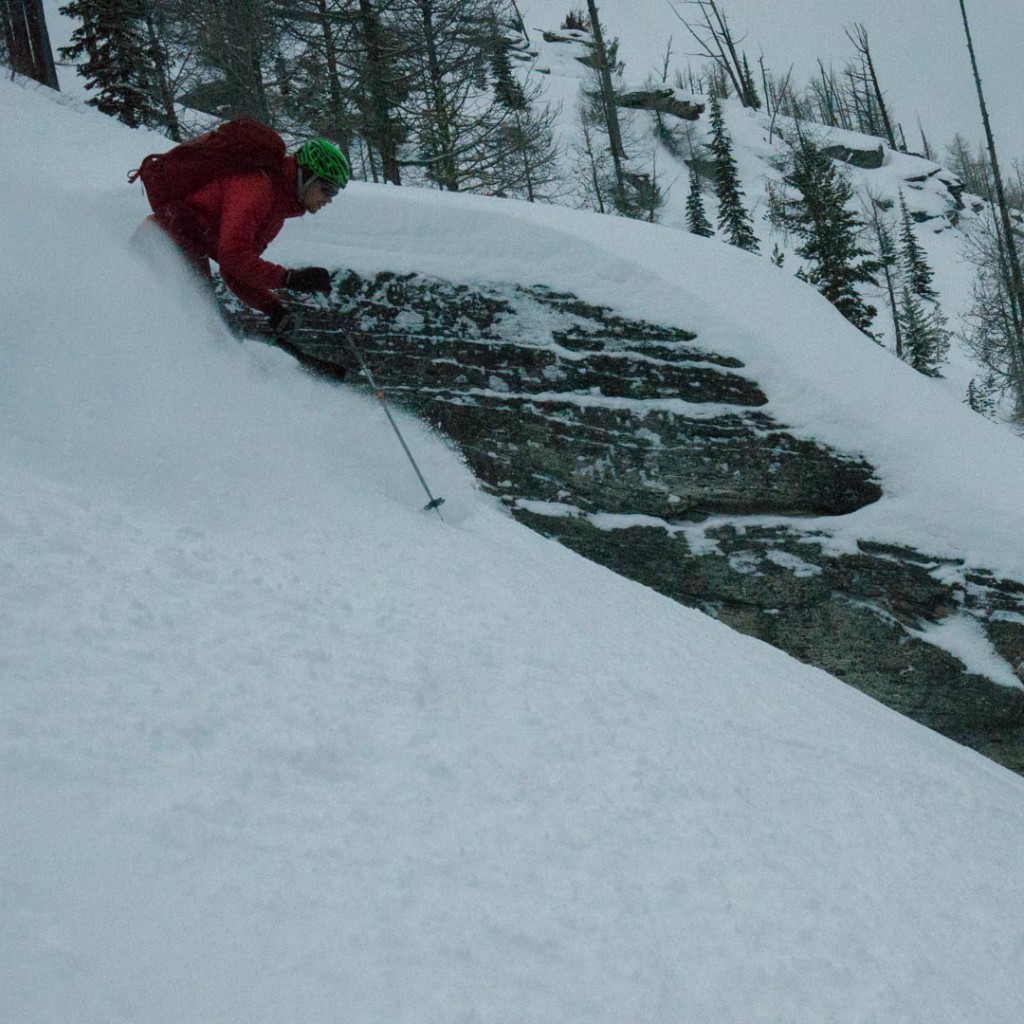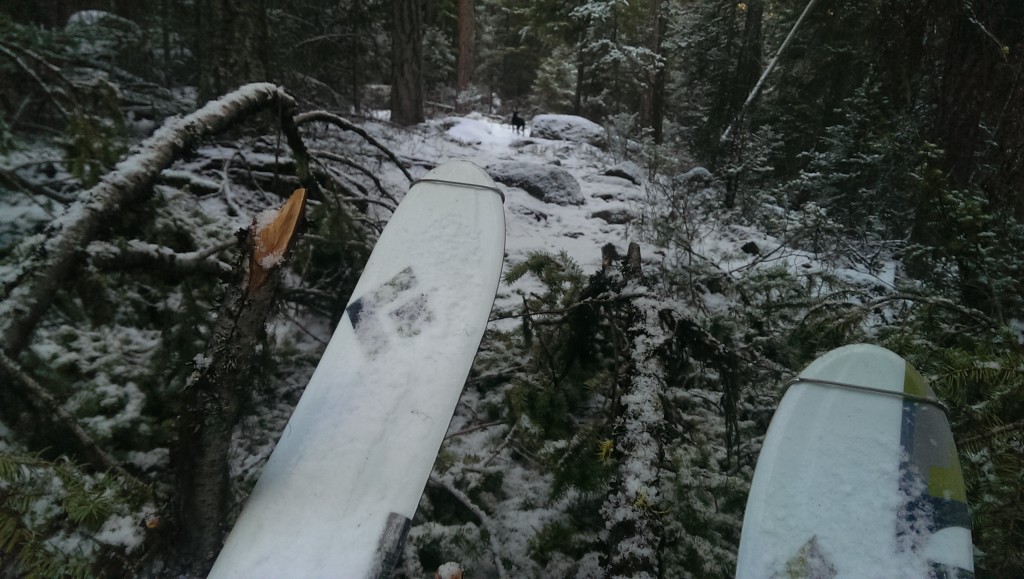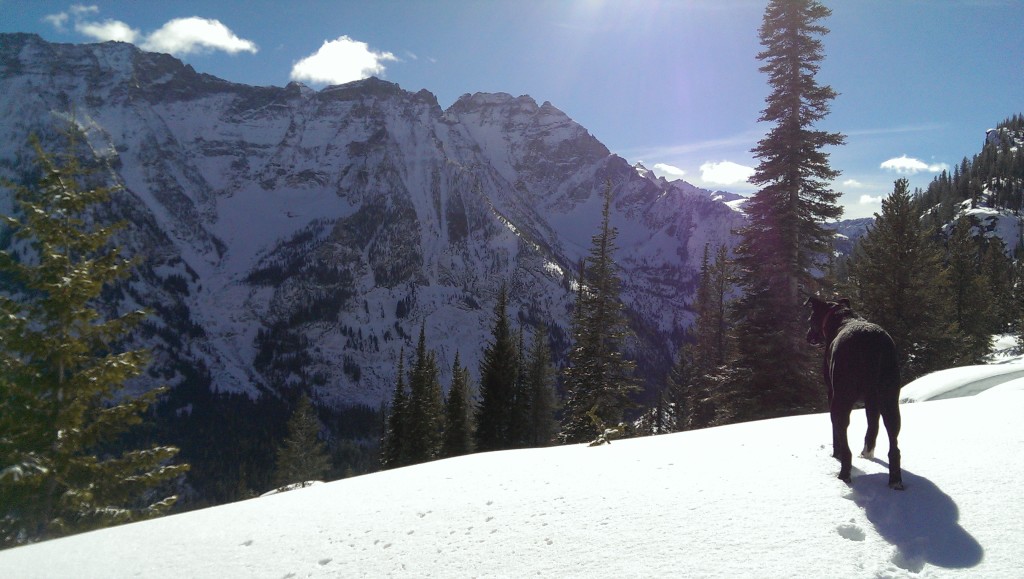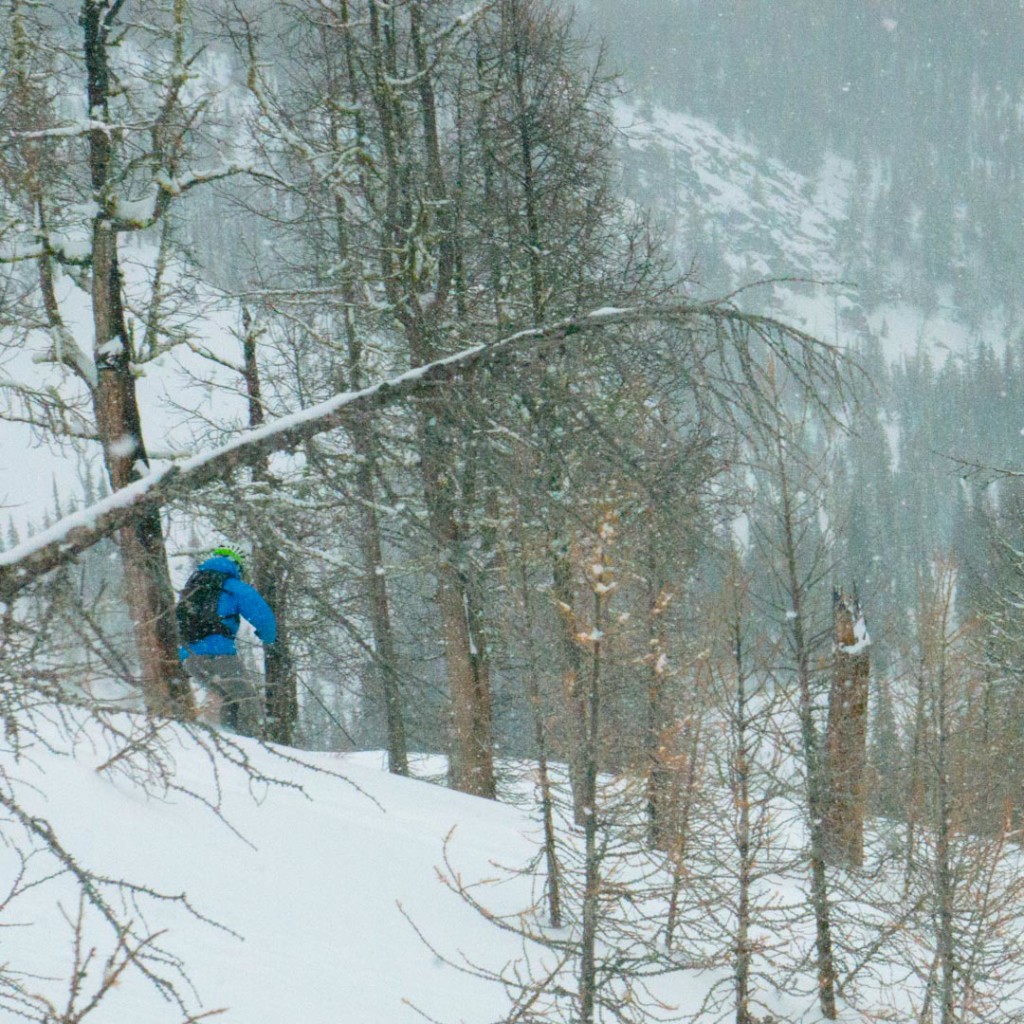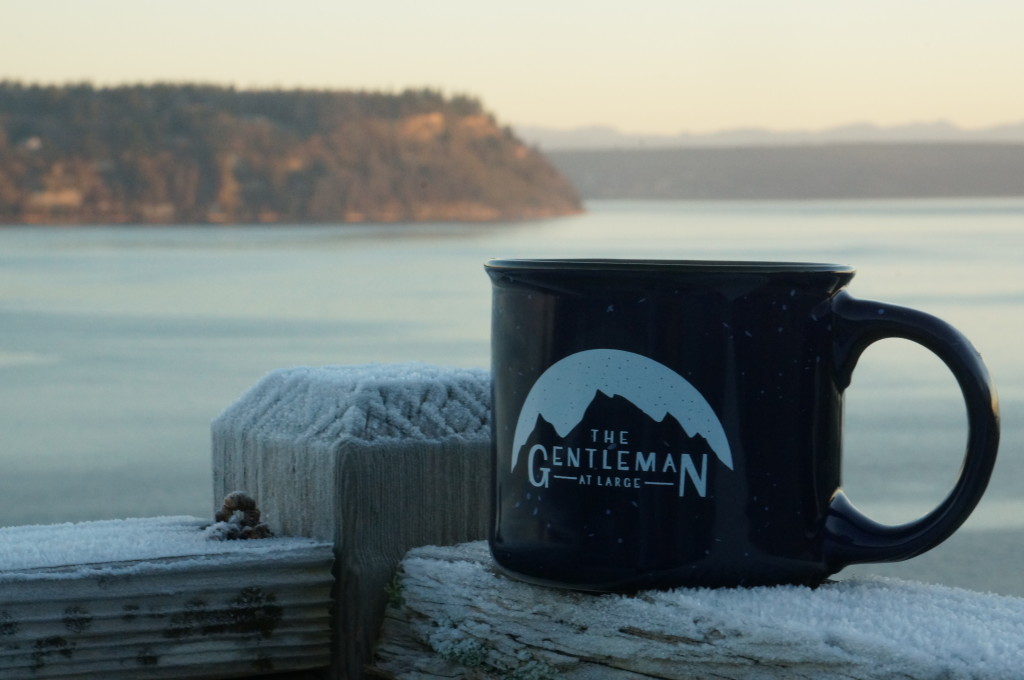Before we get started, I should mention that New Year’s Resolutions are still a stupid tradition. I don’t feel this way out of an objection to self improvement, of course, as much as from the belief that if you’re unwilling to effect a change in your life on December 31, you’re probably going to be every bit as unwilling to make that same change on January 1.
More often that not a New Year’s Resolution is an excuse to put off trying something new until some time in the future (how about January?), and the rate at which we fail on our resolutions is, at this point, a cliché.
Publically stating your goals for the year seems like a good way to increase your accountability. In reality, the act of making the statement usually suffices to let your friends and loved ones know what you’d like to improve in yourself, and that’s about where it ends. With a New Year’s Resolution, a dramatic act of proclamation replaces the slow and deliberate effort required to modify behavior.
I’ve been fairly outspoken about this, which is why it will probably come as a surprise that I’m about to encourage all of you to make a resolution this year.
Most of these so called resolutions are silly, nebulous things. “I’m going to give up carbohydrates.” “I’m going to exercise more.” “I’m going to eat more cheese.” They’re difficult to quantify, continuous challenges that take significant commitment in order to yield any palpable benefit. On the other hand there are a number of discrete actions, things we only need to do once or twice, that fit more squarely with the nature of The Resolution and still improve our quality of life.
And so, in 2016, you should go someplace alone.
I don’t mean the entire year. Or a month. Or even necessarily a week. For most people even a few days will probably be a huge shock. What I do mean is alone. It doesn’t necessarily mean that you need to hike into a Wildnerness and stay there for a while (although that does sound nice). It means that you should take some time to travel and disengage from your status quo.
Alone does mean don’t bring anyone with you. Don’t go visit friends or family. Leave town, and don’t take the computer. Turn off the phone. Let an auto-reply tell your world here that you’ll be right back.
Take a few days away from work and from family. Away from the cell phone and emails, and remember what it is you like to do. Bring a book or a journal. Bring a camera or a sketchbook. Or don’t bring anything.
If you disconnect entirely, if you can be completely selfish for even a few days, you can fill your days with exclusively what you want to do. You’ll remember a lot about what really makes you happy. You might even learn something new. Don’t feel pressure to come back and tell stories, or put pictures on Instagram. Just go and be with yourself for a little bit.
You might remember that you like to paint. Or write. Or that you want to exercise because it makes you feel better, not because you looked frumpy in the hot tub at Christmas. You might even find that eating more kale is something that you’re really passionate about.
The only changes that will stick are the ones that you really want to make. The first step is remembering what they are.
Like
